Through precise astronomical observations and data analysis, scientists have discovered that the Earth's rotation axis has shifted significantly over the past few decades.
Scientific research in recent years has revealed a surprising fact: the Earth is subtly “tilting” – its axis of rotation has shifted. What is even more surprising is that behind this change there may be important impacts from human activities.
Through precise astronomical observations and data analysis, scientists have discovered that the Earth's axis of rotation has shifted significantly over the past few decades. Taking the years 1993 to 2010 as an example, the Earth's axis of rotation shifted eastward by about 80 cm. This discovery not only challenges our understanding of the Earth's stability, but also causes widespread concern and discussion in the scientific community. To understand this change more intuitively, we can imagine the Earth as a giant top, its axis will sway slightly during its rotation, and human activities are one of the forces that affect this movement.
So what forces are causing the Earth's axis to shift? The traditional view is that the natural motion of the Earth's axis is mainly influenced by factors such as the uneven distribution of mass in the Earth and changes in atmospheric circulation. However, the latest research shows that human activities, especially large-scale groundwater extraction, are becoming an external driving force that cannot be ignored.
Scientists estimate that from 1993 to 2010, humans extracted about 2.15 trillion tons of water resources from natural reservoirs such as groundwater, lakes and rivers. Most of this water is used for agricultural irrigation, industrial production and domestic water, and then returns to the atmosphere or oceans through evaporation, discharge or leakage. However, in this process, the distribution of mass on the Earth's surface has changed significantly. In particular, after a large amount of groundwater is extracted from the Northern Hemisphere, most of it will flow into the global oceans, causing a redistribution of surface mass and thus affecting the Earth's rotation axis.
In addition, the melting of glaciers due to climate change is also an important factor in shifting the Earth's rotation axis. As one of the largest concentrations of mass on Earth, glaciers exert a stabilizing force on the Earth's rotation axis. However, with global warming, glaciers have melted massively and a large amount of fresh water has flowed from the land into the ocean, changing the Earth's mass distribution and pushing the Earth's rotation axis to shift.
Although the shift in the Earth's rotational axis may seem small, its potential impact cannot be ignored. First, changes in the Earth's tilt directly affect the seasons and climate. As the Earth's tilt increases, the temperature difference between summer and winter will increase, which can lead to more frequent extreme weather events such as droughts, floods, and hurricanes. Second, changes in the Earth's tilt will also affect satellite navigation systems. Satellite navigation systems rely on precise time and location information, which in turn rely on precise measurements of the Earth's axis and rotational speed. As the Earth's tilt changes, satellite navigation systems need to be constantly updated and calibrated to ensure accuracy.
More profoundly, the shift in the Earth's rotation axis reflects the profound impact of human activities on the Earth's environment. Excessive exploitation of groundwater not only leads to environmental problems such as surface subsidence and seawater intrusion, but also destroys the balance of natural water cycles and threatens the stability of the Earth's ecosystem. Therefore, this discovery reminds us to pay attention to the impact of human activities on the Earth's environment, take effective measures to reduce waste and water resource pollution, and protect the stability and sustainability of the Earth.
The Earth is our common home, its stability and sustainability are directly related to the future development of human society. Faced with the serious challenge of the Earth's axis deviation, we need to work together to solve it. By strengthening scientific research, promoting water-saving technology and raising public awareness of environmental protection, we can gradually reduce the impact of human activities on the Earth's environment and leave a better and more livable home on Earth for future generations. Let's start now, start from the small things around us and contribute to protecting the Earth.
According to Intellectual Property and Innovation
Source: https://doanhnghiepvn.vn/kham-pha/truc-quay-cua-trai-dat-ngay-cang-lech-nguyen-nhan-thuc-chat-la-do-hanh-vi-cua-con-nguoi/20240929094002627



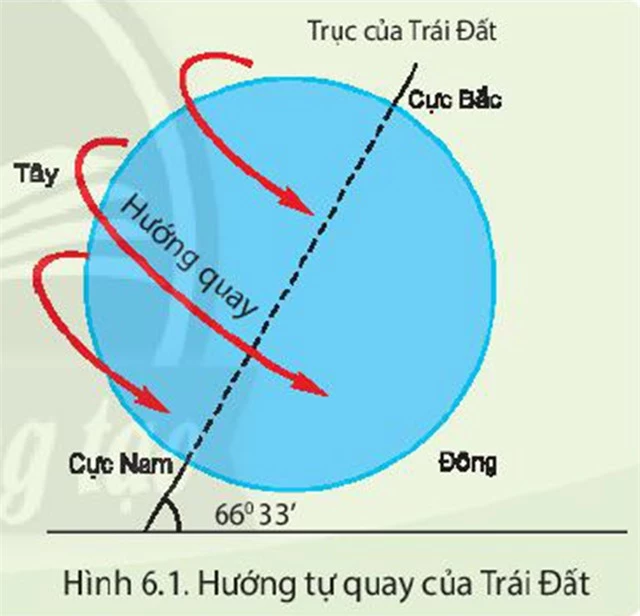
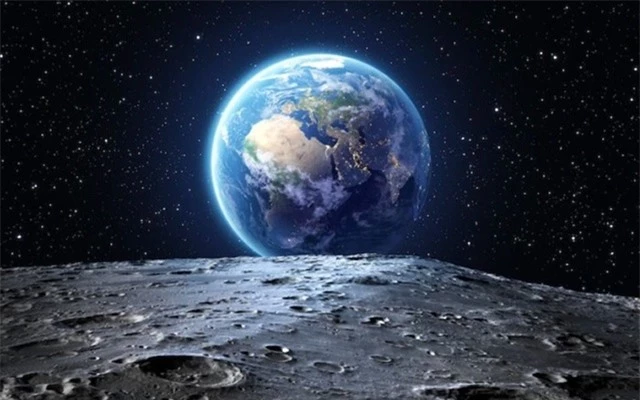

![[Photo] Prime Minister Pham Minh Chinh receives Mr. Tomas Heidar, Chief Justice of the International Tribunal for the Law of the Sea (ITLOS)](https://vphoto.vietnam.vn/thumb/1200x675/vietnam/resource/IMAGE/2025/5/6/58ba7a6773444e17bd987187397e4a1b)

![[Photo] Prime Minister Pham Minh Chinh chairs meeting to review preparations for trade negotiations with the United States](https://vphoto.vietnam.vn/thumb/1200x675/vietnam/resource/IMAGE/2025/5/6/1edc3a9bab5e48db95318758f019b99b)
![[Photo] Prime Minister Pham Minh Chinh chairs the regular Government meeting in April 2025](https://vphoto.vietnam.vn/thumb/1200x675/vietnam/resource/IMAGE/2025/5/6/48eb0c5318914cc49ff858e81c924e65)






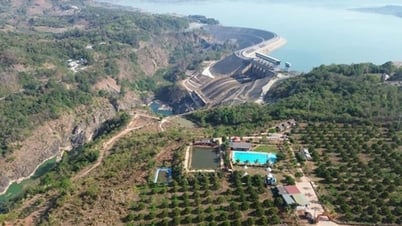


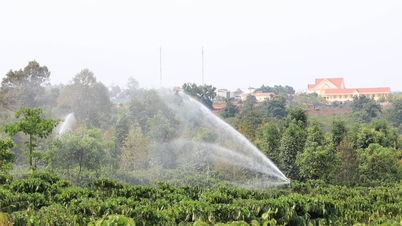
![[Video] Draft Law on Science, Technology and Innovation: Facilitating research activities](https://vphoto.vietnam.vn/thumb/402x226/vietnam/resource/IMAGE/2025/5/6/5bab651746d94b5186eca59c16d86510)






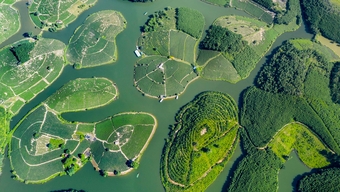






















































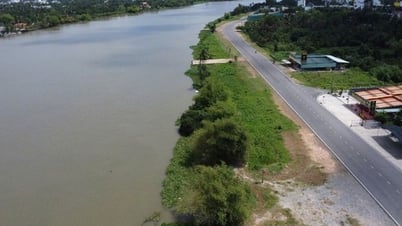


















Comment (0)